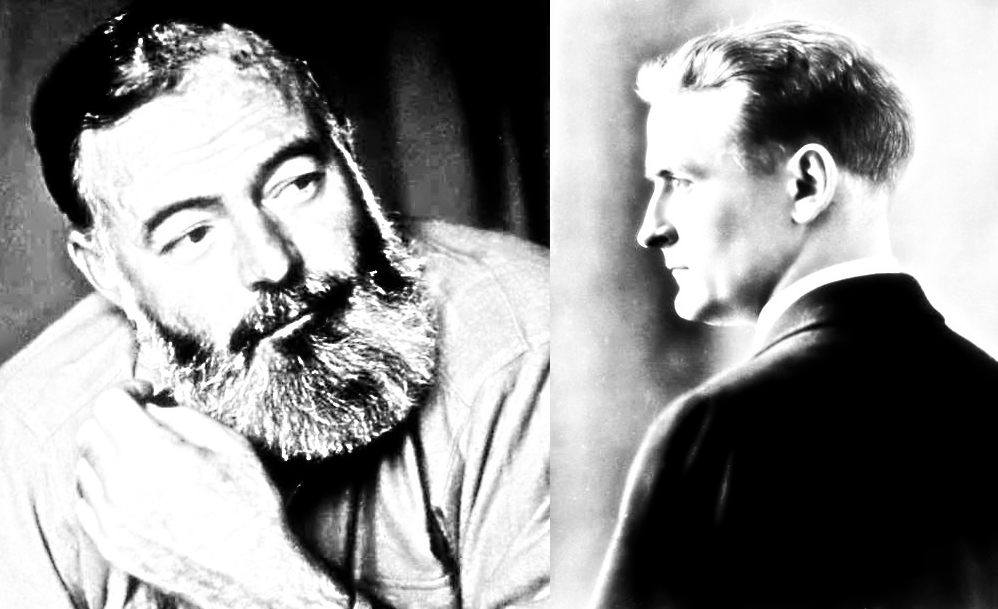If you go to study literature, whether for a dissertation or for a teaching degree, you are bound to come by Richard Wright’s Black Boy (1945), because it is a powerful story that does two things: first, it gives keen insight into the life of a black American during the turn of the century; second, it discusses intellectual, political, and socioeconomic issues that plague the black community.
It is “considered to be one of his finest works” and is also considered a “fictionalized autobiography … because of its use of novelistic techniques” (Britannica). I think Black Boy is a transcendent novel because it’s transformative through decades and its meaning is always relevant. Especially now with the Black Lives Matter movement and the unshifting views of racism in the United State, this book reminds us that the duality of the black life is very real and achingly sad.
Summary
Black Boy is cut into two sections. The first is about Wright’s early years trying to find purpose. Wright accidentally burns down his grandmother’s house at four years old. His father abandons them. And, he is raised in a house of devoutly religious women, which gets in the way of Wright’s own budding atheism/agnosticism. He also begins to read and spend more time in intellectual pursuits.
The second part of the book is about Wright finding his way as a writer. He becomes involved with the Communist party in Chicago at the John Reed Club. Wright, disillusioned with American racism, finds some comfort with the Communists until his own ideas, and penchant for questioning the party’s actions, challenging the structure and intent of the party itself.
At the end of the novel, Wright is left with his own inhibition and dreams of the future, which he hopes to achieve through his writing.
About the author
Richard Wright was born on September 4th, 1908, near Natchez, Mississippi. His grandparents were slaves and his father left home when he was five years old. He worked numerous jobs in his youth and eventually migrated northward when many black fled the south for the promise of economic equity.
Wright would get a chance to put pen to paper for the Federal Writers’ Project and eventually became the editor for the Communist-driven Daily Worker. Wright’s first major work was Uncle Tom’s Children (1938), which was influential in the black community. Later, he wrote the popular Native Son (1940) and Black Boy (1945). Both of which detailed life as a black man and the realities of race relations in the United States.
Works Cited
Britannica, The Editors of Encyclopaedia. “Richard Wright”. Encyclopedia Britannica, 24 Nov. 2021, https://www.britannica.com/biography/Richard-Wright-American-writer. Accessed 6 December 2021.







